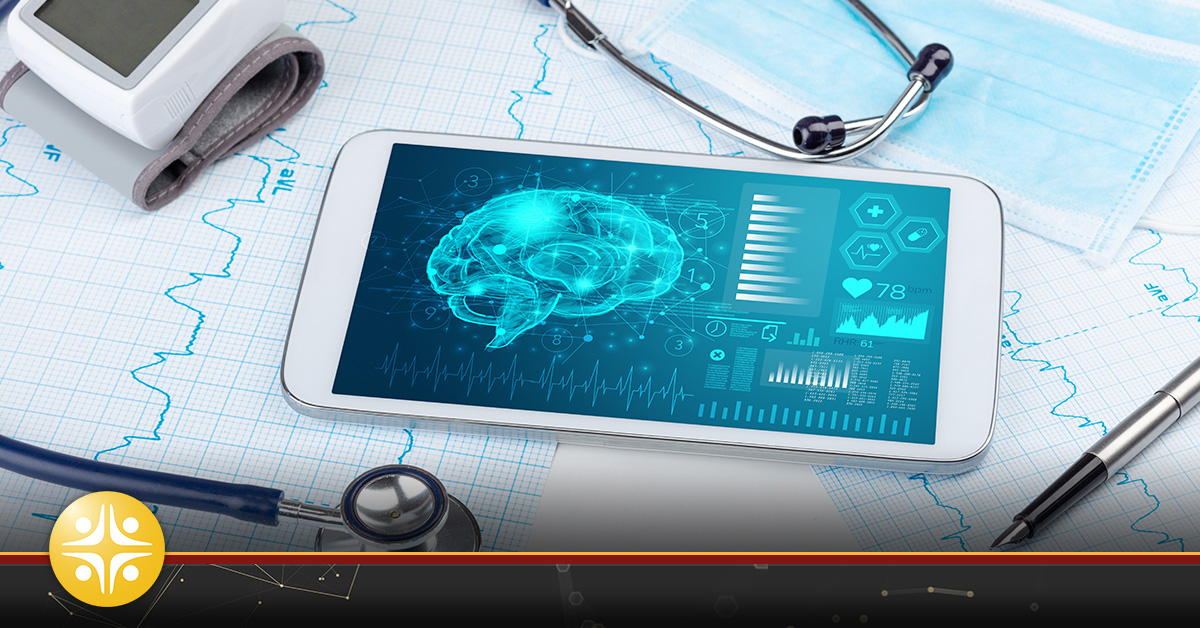Medical Technologies Changing the Scope of Your Practice
Dawn Pascale

Whether you’re part of a large healthcare behemoth or a small independent practice, medical technology is changing the scope of your care delivery. The first big disrupter to hit was the transition to electronic medical records. But most healthcare organizations and technology experts now say that healthcare is about to see a second wave of innovation in the form of new technologies which will soon become commonplace. Here’s what your practice can expect in the coming years.
Digital Pills
Patient medical compliance has been a big issue in healthcare, particularly for care experts in the behavioral health field. In 2017, a new type of tiny digital sensor was approved for placement within medications. Patients taking Abilify, an anti-psychotic, will soon have the option of a pill with a digital sensor that pings a wearable sensor, and then the clinical record when the device hits the patient’s stomach lining. Having the ability to track the ingestion of these important medications could potentially help doctors improve patient outcomes.
Electronic Medication
While the traditional treatment for headache is to take two aspirin, Autonomic Technologies is currently testing an electronic device that will detect and mitigate the effects of a debilitating chronic headache by sending electronic signals to prevent it.
Cloud Imaging During Child Birth
New technology will help monitor blood loss during labor and delivery. While doctors have traditionally used their visual assessment and experience to monitor blood loss, a new digital imaging tool allows for better monitoring and response by clinical teams.
No-Needle Insulin
While the traditional way to check blood sugar requires a finger stick, there are a number of companies that have gone to market with non-stick applications. Some, like Dexcom, offer real-time accurate glucose monitoring on a variety of smart wearables and other digital devices that will capture readings and not only tell patients if they need to act, but also notify the patient healthcare record, and potentially, a medical professional.
Robot Surgery
Surgical robotics is one of the fastest-growing digital technologies in the nation. Venture capital dollars are pouring into this space. The technology will allow surgeons to perform more effectively and with greater 360-degree visibility during a procedure. These tools could potentially allow doctors to increase both their surgical effectiveness and the speed in which they provide care.
While laparoscopic surgery evolved the practice of gall bladder removal, the next evolution in minimally invasive surgery is through the use of robotics. One study compared robotic cholecystectomy versus laparoscopy and found that the use of robotics improved patients’ surgical pain, postoperative complications and overall satisfaction.
How Will Your Practice Evolve
The explosive growth of technology will impact all healthcare professionals and their patients in the future. While these were just a few of the latest innovations, the medical practice of the future will look wildly different from today’s healthcare settings. While many healthcare providers are skeptical that these tools will really make our lives easier, in fact, it’s clear that we are just beginning a process of harnessing these tools.
Find the Right Talent for Your Practice Today
MedSource Consultants is a leader that helps our clients meet current and future demand. Contact our healthcare talent specialists today for more information.

